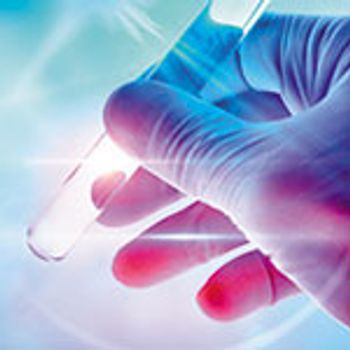
A global agreement with Polpharma Biologics gives Sandoz commercialization rights to a proposed biosimilar natalizumab for relapsing-remitting multiple sclerosis.

A global agreement with Polpharma Biologics gives Sandoz commercialization rights to a proposed biosimilar natalizumab for relapsing-remitting multiple sclerosis.

In an effort to secure a continuous, sustainable supply of an important vaccine ingredient, Agenus is turning to a plant cell-based cell culture method for production.

Innovation in manufacturing technologies must occur to ensure the availability of gene and cell therapies.

Experts explore the role gene-editing techniques can play in regenerative medicine and cell-line development.

Half a century after man first walked on the moon, space-based science is exploring benefits for Planet Earth.

Biopharma industry faces production challenges as gene therapies move from clinical to commercialization.

Researchers in China are playing a role in advancing gene therapy development.

Iontas and Teva Pharmaceuticals have entered into an agreement for the application of technologies and know-how into the optimization of human antibodies to be used as biotherapeutics.

The acquisition will boost Biogen’s gene-therapy pipeline with the addition of two mid- to late-stage clinical assets and preclinical programs.

Researchers at the University of Sheffield, Sheffield, UK, have discovered and developed a new compound that can kill antibiotic-resistant bacteria, including Escherichia coli.

MilliporeSigma event scheduled to recognize biotech challenges and support development potential.

Drug developers must understand the complex bioanalytical assays for cell- and gene-therapy drug development programs and ensure that partners have the specialized expertise needed for complex therapeutic classes.

Getting the science right helps biopharma startups overcome development and commercialization challenges.

As biologics continue to push boundaries, the industry needs to take a holistic approach to formulation to ensure success.

The acquisition will establish a clinical pipeline for Biogen of gene-therapy candidates in ophthalmology.

FDA expects more than 200 investigational new drug applications for cell and gene therapies by 2020, causing the agency to strengthen its regulatory program.

Janssen and MeiraGTx will collaborate on the development and commercialization of gene therapies for treating inherited retinal diseases.

Biosimilars, pricing strategies, and technology investments will influence growth in spending on drugs.

Orphan and cancer drugs continue to lead, but treatments for many common diseases were also approved in 2018.

The new reagents are designed to support clinical-phase and commercialization stages of cell and gene therapy production and to enhance DNA transfection.

Moving forward with gene therapy development requires a “quantum leap” in manufacturing capabilities.

The new program will provide cell and gene therapy companies a more efficient way to ensure quality compliance across collection center networks and to minimize quality system audit burden on these centers.

The company will collaborate with GlycoBac to offer an insect cell line for the development of viral vaccines and gene therapies.

A new investigational vaccine, LASSARAB, shows promise for use against Lassa fever and rabies.

While food, shelter, and clothing are the primal essentials for life, hope-as embodied by modern medicine-has now become part of that human expectation.